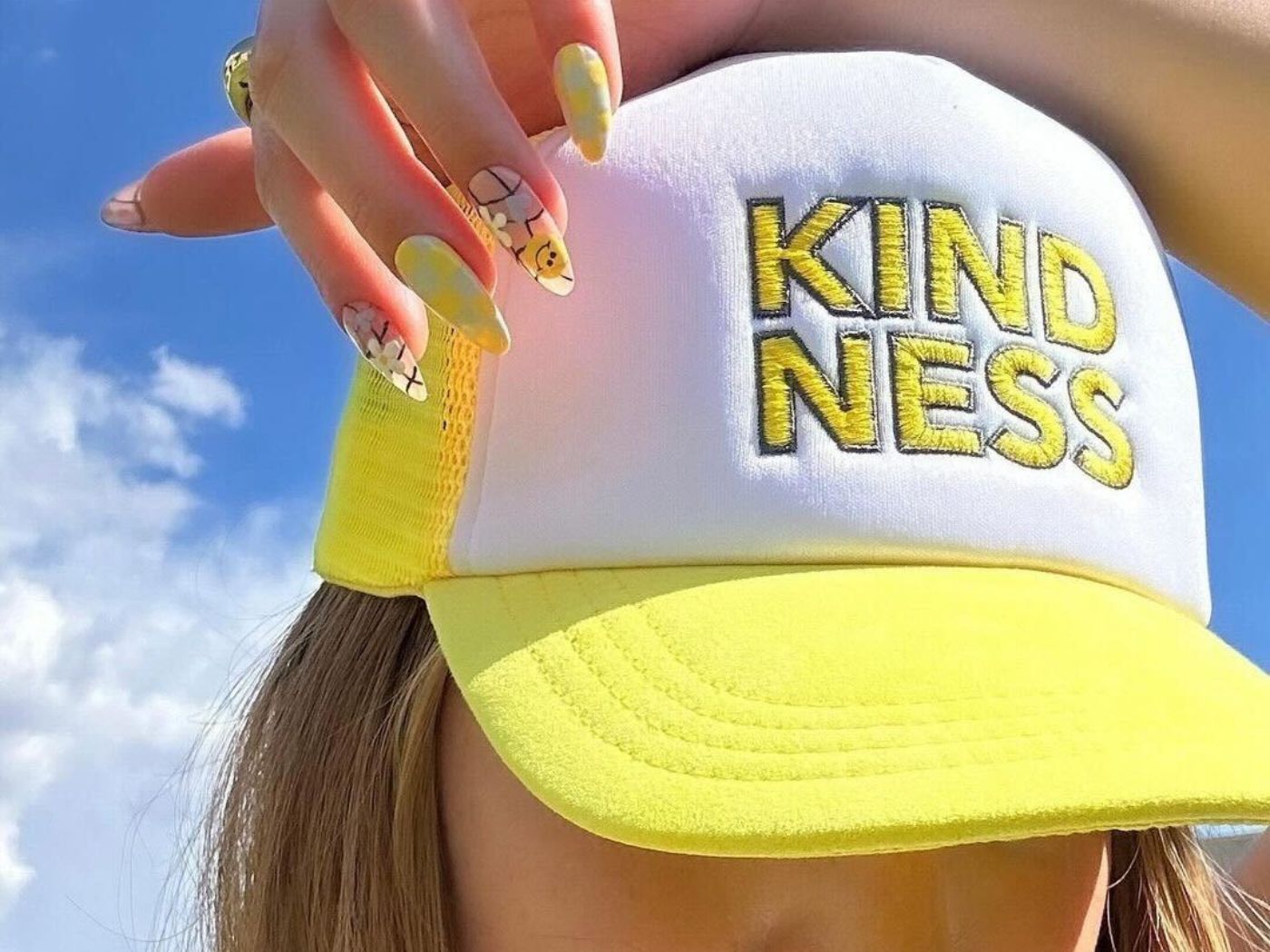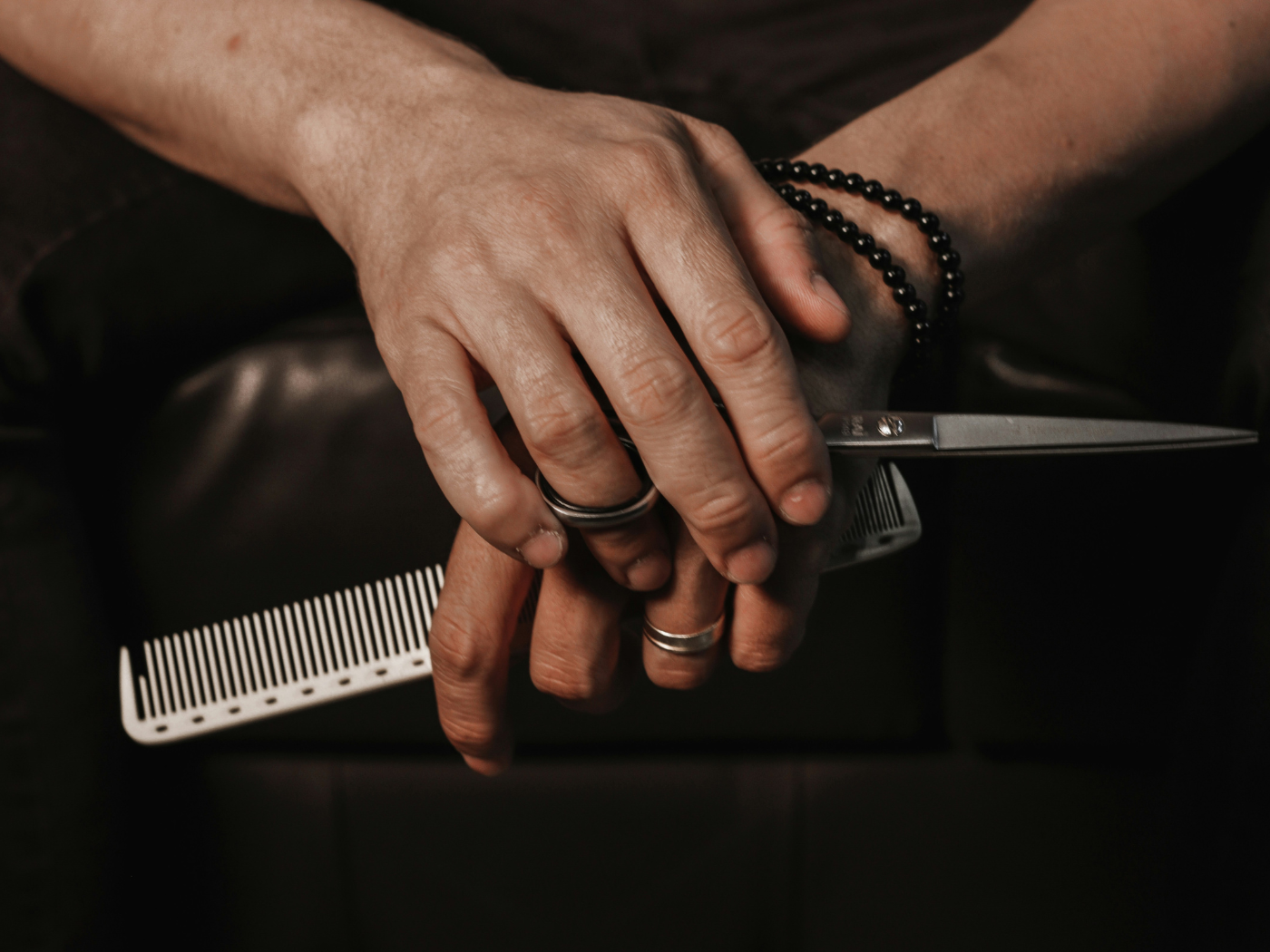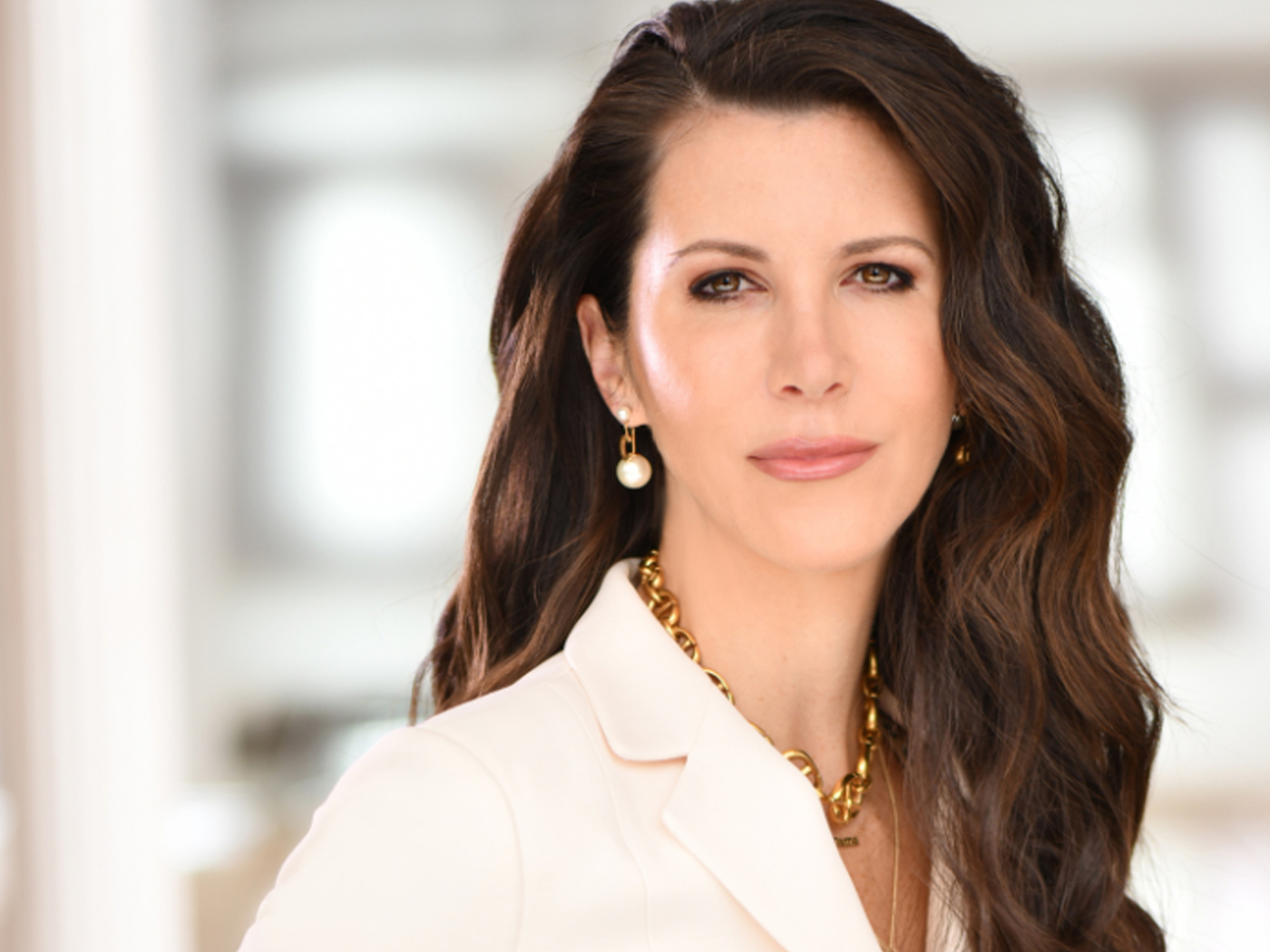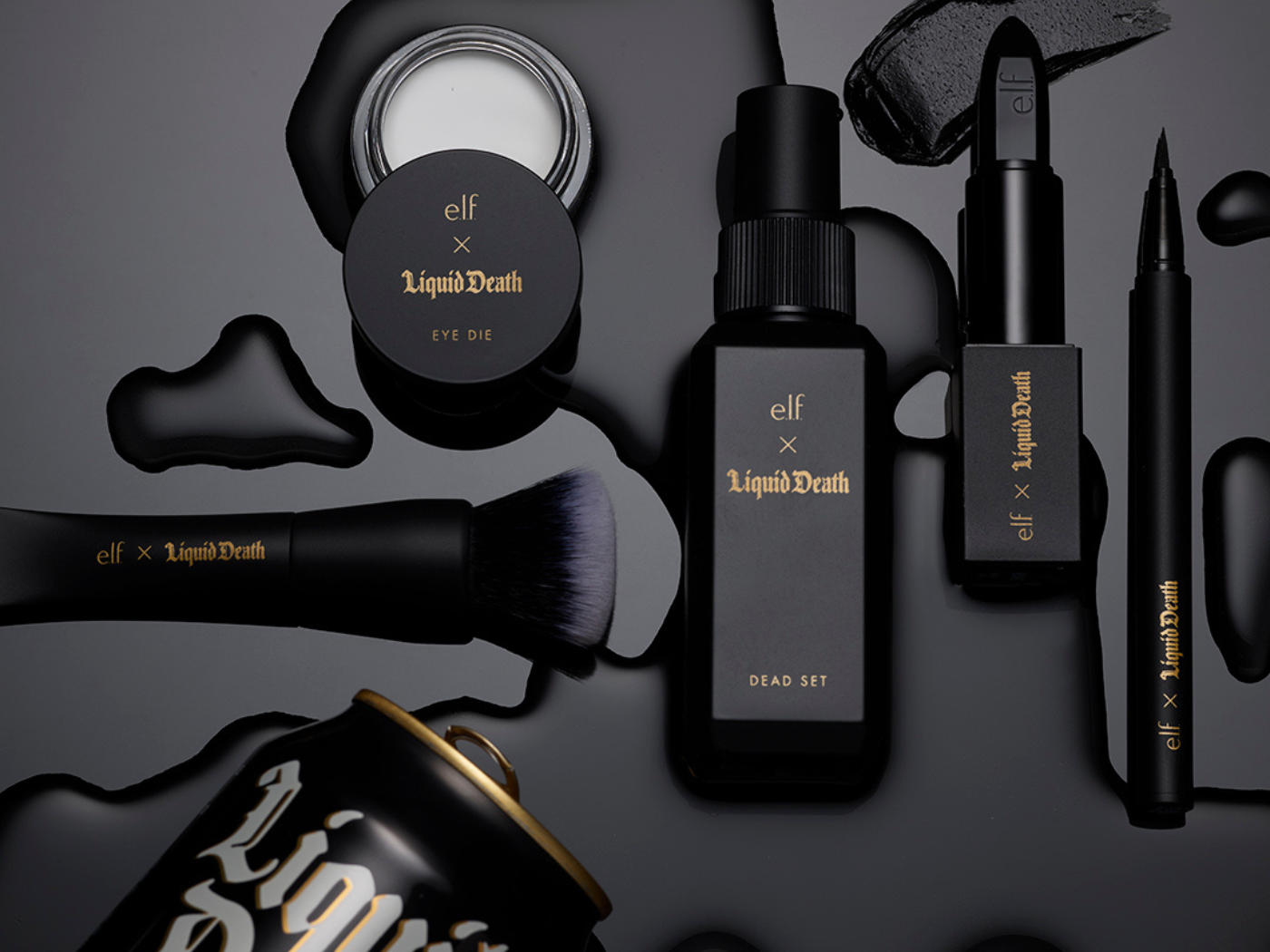Empowered by frustration with negativity in the world, customers are increasingly seeking out “kind” brands that embody the values they believe in, the causes they will fight for, and the impact they want to make.
Brands that are kind give back, yes, but it’s more than that. Kindness is personal. It’s about having a brand mission that is inherently and authentically empathetic. It’s about making customers feel seen and supported in a way that is heartfelt rather than marketing driven. It’s about making an emotional connection with people and doing well by doing good.
“As we all have seen the statistics, there’s an epidemic of loneliness in the world and I think people do want that sense of empathy. They want to know that people care about them,” says Dr. Brent Ridge, Co-Founder of Beekman 1802. “We’re always thinking of how we can start that ripple effect and increase the cultural conversation around kindness.”
For Beekman 1802, the subject of “kindness” runs deep – and it’s imbued in everything from the brand’s retail and corporate mission to actual product formulas (think: the science of kindness), and packaging design.
“We really look at kindness as wellness,” says Ridge. “You have almost equal health benefits on a cellular level from incorporating kindness into your life as you do from eating a healthy diet, as you do from exercise.”
And speaking of the physical benefits of being kind, Ridge says skin health is right at the top of the list.
“You know that glowy feeling you get on the inside when you give or receive an act of kindness? Well, that glow feeling comes from a surge of neurochemicals (dopamine, serotonin, and oxytocin) throughout your body,” says Ridge. “Because skin’s microbiome is part of the neuroendocrine system, those chemicals influence surface levels of the skin. And so, in addition to its effect on your mental and cellular physiological health, it’s impacting the health of your skin as well.”
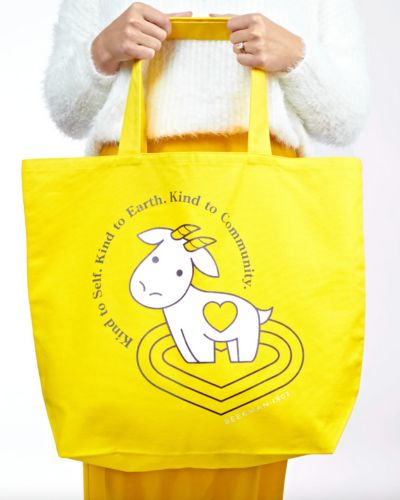
When coming across Beekman 1802 in stores, it’s hard not to notice the brand’s “ray of sunshine” shade of yellow, specifically customized for the uplifting reaction it induces. When you pick up any Beekman product and take a look at the packaging, not only will you learn an insightful fact about kindness, but you’ll also see “kindness” listed as an ingredient in each product.
“We call ourselves a skin health brand with two key ingredients, goat milk and kindness,” says Ridge. “We really focus on skin health, and how to improve your skin.”
According to Co-Founder Josh Kilmer-Purcel, kindness at Beekman 1802 resonates so authentically with customers because even the brand itself was created via an act of compassion.
In 2006, Ridge and Kilmer-Purcell unexpectedly bought a farm. Shortly thereafter their neighbor, Farmer John, found himself in need of a place to house his 80 goats, and it was that act of kindness – adopting the goats – that sparked the idea for a business.
“In 2008, the recession hit and we both lost our jobs,” says Kilmer-Purcell. “We literally Googled ‘what can we make with goat milk?’ And we started out with soap. And if we hadn’t had the goats, we wouldn’t have a company.”
To be sure, the brand’s herd of close to 50 (adorable) goats helps bring on the warm and fuzzies. In addition to live streaming them, they help remind customers that Beekman is a brand about kindness.
“The goats are still part of our story,” says Ridge. “We say they’re the visual representation of kindness.”
But it’s not just about a feel-good factor. For brands like Beekman 1802, playing in the kindness space is a winning strategy, with brand love and customer loyalty as the ultimate reward.
“One of the interesting things about kindness is that it appeals to a psychographic versus a demographic,” says Kilmer-Purcel, underscoring that by focusing on kindness, the brand’s customer base can be broader, and more well balanced across age groups. “You can tell from the way we speak about kindness, we see it as a hard good. A lot of companies see it as a soft good, and as a very passive thing. [But for us,] kindness is proactive, not reactive. It’s a really active need in the world, and it’s strength, it’s not weakness.”
To further its “kindness” mission, this month, Beekman has introduced Kindness Coaches, AKA certified life coaches who advise customers (or, well anyone) on how to incorporate more kindness into their lives via a virtual consultation, free of charge. According to Kilmer-Purcell, consumer response has been “phenomenal, not only from a personal, emotional level, but from a financial level, too, because their lifetime value (of kindness class participants) as a customer goes up exponentially.”
Another brand focused on existing authentically within the kindness space is Thrive Causemetics + Bigger Than Beauty Skincare. For Thrive, kindness means “empowering people to live their most confident life,” through product donations and fundraising. Since Thrive’s 2015 launch, the brand has donated more than $135 million in funds and products to 500-plus nonprofits globally, including grassroots organizations in all 50 states across the U.S.
“Thrive Causemetics + Bigger Than Beauty Skincare exists to empower people through beauty,” says Karissa Bodnar, Founder and CEO. “I believe that every person wants to be a part of something bigger than themselves [and these two brands] provide an opportunity for them to do just that.”
Like Beekman, kindness is truly engrained in its beginnings. Bodnar explains that she was inspired to launch the brand after losing her close friend, Kristy LeMond, to cancer. She started a beauty company, quite simply, to offer something positive to others in the wake of her loss.
“Kristy was so kind to everyone, hilarious, and so full of life,” says Bodnar. “One of my fondest memories of Kristy was doing her hair and makeup. She was physically exhausted and very concerned about what the chemo was doing to her skin, hair, and overall appearance. Still, for those two hours, while I helped her get beautified, cancer wasn’t a part of the conversation. Our only focus was making her feel beautiful. Shortly after Kristy passed, I started Thrive Causemetics to help cancer patients feel beautiful.”
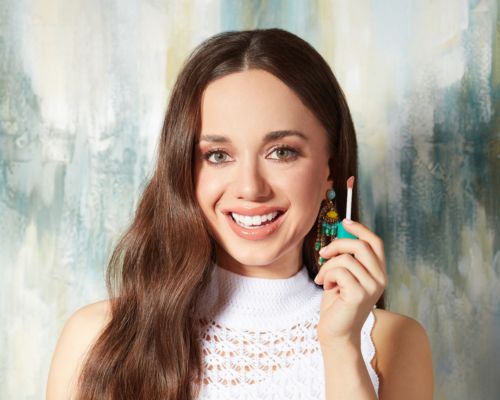
Since then, Thrive Causemetics and Bigger Than Beauty Skincare have become mission-driven, community-based, makeup and skin care brands that support eight important causes: cancer, domestic abuse, homelessness and poverty, veterans, racial and social justice, under-resourced youth, education, and LGBTQ+. Central to the brand’s value system is a focus on compassion.
“Beauty is such a powerful tool for connection and friendship which are at the root of kindness,” says Bodnar. “Kindness doesn’t mean we or anyone are perfect, in fact, we love that we can all be a masterpiece and a work in progress simultaneously. We love receiving honest feedback, so much so that one of our company values is Candor is Kind.”
Like Beekman, Thrive imbues its mission in its products, and the brand actually names its items after inspiring women in their community.
“For example, when you reach for your Thrive Causemetics Brilliant Face Highlighter, it’s not just any high-performing highlighter,” says Bodnar. “The shade ‘Shirley’ was named after CNN Hero Shirley Raines, the Founder of Beauty 2 The Streetz (a non-profit that provides services such as hair, makeup, hygiene, and food to those who need it most.) Shirley’s organization supports hundreds of unhoused people weekly in LA, San Diego, and Las Vegas, fostering face-to-face human connection.”
The Kindness of Confidence-Building
Infusing kindness has also been a way for brands to support women as they face unrealistic beauty ideals and unparalleled scrutiny across social channels and other advertising platforms.
For industry stalwart and early kindness player, Dove, kindness today means meeting women in the moment, and providing an antidote. To that end, Dove recently announced it would be the first beauty brand to commit to never using AI to represent real people in its advertising. To support this, Dove has launched a new campaign, The Code, one that reflects the impact of AI on beauty and sheds light on the importance of women seeing non-airbrushed beauty reflected in new and emerging media.
“We will continue to stand for the importance of real and champion transparency and diversity in beauty,” says Kathryn Holl Fernandez, Global Senior Director, Dove Purpose, Social Impact & Engagement North America.”
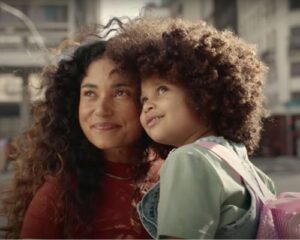
With over 15 billion images created using text-to-image algorithms in the last year, the damaging nature of AI has become Dove’s newest focus.
According to Dove’s newest Real State of Beauty Report, research reveals that with 62% of creators using AI to create their content (a number expected to skyrocket over the next few years), AI has emerged as an impending threat to a woman’s wellbeing. In fact, one in three women feel pressure to “alter their appearance” after interacting with digital content despite knowing it was AI generated. Additionally, the report revealed such startling facts as: two in five women would give up a year of their life to achieve an ideal look or body; two in three women believe they are expected to be more physically attractive than their mother’s generation; one in three feel pressure to alter their appearance because of what they see online, even when they know it’s fake or AI generated.
With the goal of ensuring the next generation has a positive relationship with the way they look, Dove remains committed to its Self-Esteem Project, which was started in 2004 to ensure the next generation grows up enjoying a positive relationship with the way they look. To date, this unique curriculum is the world’s largest provider of self-esteem education, which has educated over 100 million young people across 153 countries.
“The brand leads with kindness, positivity and most importantly, care, in all that we do. As a global brand, we are driven by our desire to make a positive experience of beauty universally accessible for everyone. Kindness and building self-esteem and body confidence for the next generation helps drive our responsibility to take action against any negative force which prevents beauty from being a source of happiness for all,” says Holl Fernandez.
And consumers are demanding more from brands to help make the world a better place, especially those that align with their values.
“I think this especially rings true with Gen Z, as a generation that is intentional on where and how they spend their money – rightfully so. As a brand, we aim to deliver on what is important to consumers – from being PETA Cruelty Free, to offering products at affordable price points and taking action to ensure beauty can be a source of confidence for all through our support of the CROWN movement, for example,” added Holl Fernandez.
The good news? The chain of kindness is spreading, and being perpetuated by new brands with young founders who feel a sense of responsibility for social justice and giving back to the causes that affect their generation.
Take the Co-Founders of SadieB, a clean body and hair care brand sold at Target nationwide, marketed towards Gen Z. For Sadie and Abby Bowler, the brand’s expression of kindness is centered around uplifting young women.
“The U.S. Surgeon General has called the youth mental health crisis ‘the defining public health crisis of our time,’” says Sadie. “Abby and I have faced our own mental health struggles and see our friends suffering as well. This cause is something that we are personally invested in. We believe that mental hygiene goes hand in hand with personal care hygiene. It is a daily practice.”

With a customer base of young women between the ages of 11 to 22, SadieB sets out to provide genuine support, encouragement, and actionable mental hygiene tips. The brand also shares therapist-approved weekly texts with tips and positive advice, and gives 1% of its revenue to organizations that support girls, including Girl Up UNF.
For Sadie and Abby, and other up-and-coming beauty founders, the ultimate goal is creating a positive ecosystem for customers, and providing the necessary resources to ensure fewer girls get to the point of crisis. Through this mission, the brand hopes to continue to grow by authentically connecting to their customers and continuing to put their needs at the forefront.
“Our vision for SadieB is to become the number one personal care brand for girls along with addressing the national mental health crisis that girls are facing,” says Sadie. “We plan to continue to give portions of our revenue to girls’ mental health causes, partner with more organizations, and share our uplifting message that girls are so much more than their outward appearance — they are an unstoppable force for good.”
